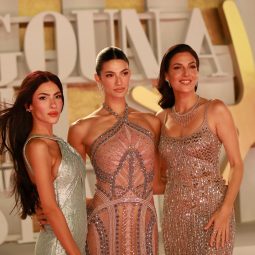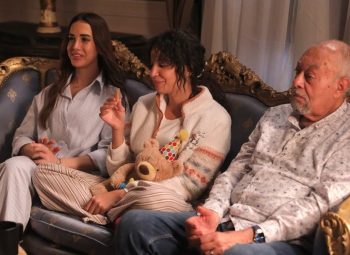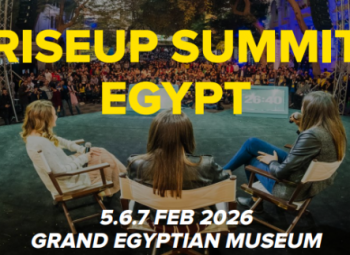Images via Dalia Naous
2020 has had its downsides, but we can’t deny it also introduced us to many new talents and fresh faces, giving them room to grow. One of the most talented artists who had their share of the spotlight this year is Sedky Sakhr. Remember the name, but we’re pretty sure it will keep cropping up.
Sakhr has been acting since 2011; he’s debut appearance was on the hit series, El Gam3a, and he had parts in various movies and series such as Villa 69 (2013), Zahret El Sabbar (2017), Zay El Shams (2019), and more. But you’ll most likely recognise him from his recent roles in Fi Kol Esboo3 Youm Gom3a, Be 100 Wesh, and the currently airing, Leih La2.
We took the opportunity to talk to Sakhr about his successful year and his latest performances, as well as his music career. The conversation was truly delightful, and the talented artist had so many interesting things to say, especially his take on women empowerment.
You’re a man of many talents; tell us more about Sedky, the actor and musician, and how both complement each other.
I think one word that’ll easily sum this whole thing up is musicals; I’m crazy about musicals, and I love them. I think musical performers represent the utmost level of performance ever. I think an actor’s main instruments are his body and his voice, and whatever qualifies the actor to maximise their use is good. So, when you get to act, sing, and dance at the same time, afterwards you can probably be a gymnast and do a couple of somersaults; that would be amazing! Ideally, I’d love to do somersaults as well! So, to sum it up, yes, I do think they complement each other very much. Even if you’re not on stage, just the fact that you have knowledge of music, your voice, and rhythm, this all feeds your acting, intonation, and body language greatly.
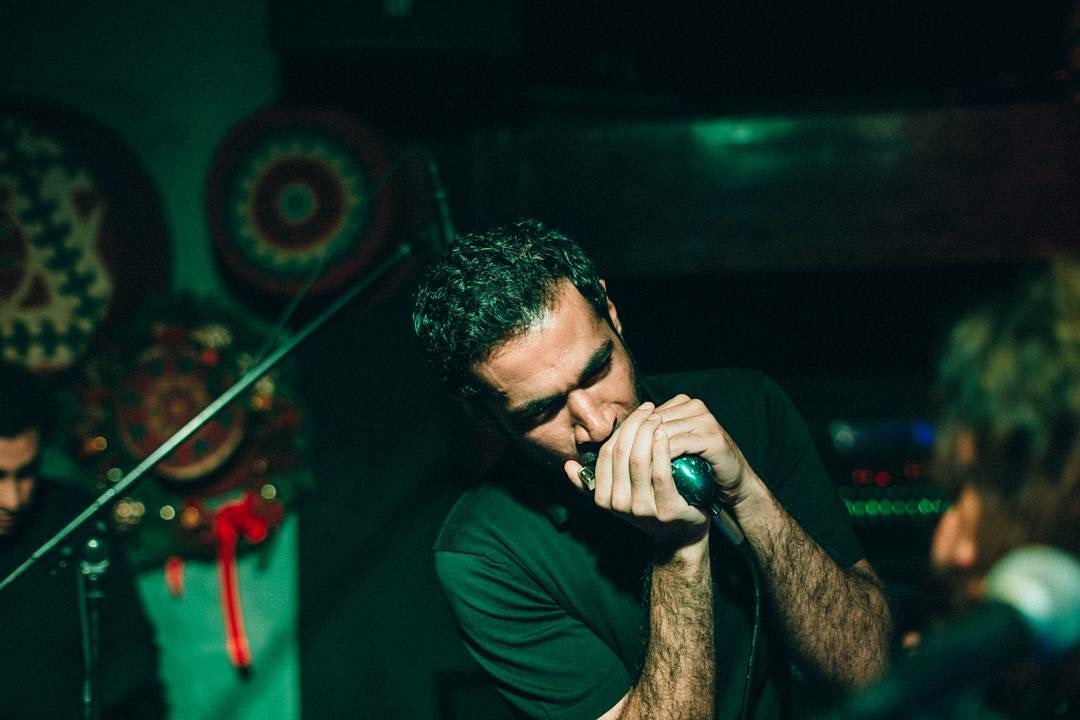
You seem to have a thing for musical instruments that are not that mainstream such as the harmonica, clarinet, and ukelele. What affects your choices, and what does that tell us about you?
That’s a very interesting observation. Yes, I do tend to choose odd instruments. As a kid, I grew up learning the piano, and that’s how I studied musical theory. I played for a while, I still do actually, but it’s not my main instrument. I guess I didn’t feel much of a connection with it. I mean it’s a great instrument, but I didn’t really speak to me. So, I kept on jumping from one instrument to another until I landed the harmonica. I had a toy harmonica like most kids at the time, and when I saw people on TV playing it like a proper instrument, I was intrigued that this little toy can produce too much. I decided to take on this challenge and said okay, I’m going to play it just as well and see what we can do with that.
So, I started searching for articles, books, and then, later on, YouTube videos. I think it’s quite a challenge because there’s no one here in Egypt to teach it and very few play it, and this was what made it attractive. How challenging it was and how unique it is definitely made it appealing, and I think that explains the rest of my choices such as the clarinet and ukulele. And actually, it’s funny; I only started playing the ukulele recently. I borrowed it from a friend to record the song, Millionaire, and I found it so tiny and cute, so I thought to myself, “I’m going to keep it”, and I still haven’t returned it to my friend! It’s so nice, and it’s so liberating; I like it so much!
View this post on Instagram
Aside from all your previous great performances, is 2020 be your lucky year? And to what extent do you believe this year’s roles will be affecting your acting career in the long-run?
I think everyone’s going to hate me when I say this, but yes, 2020 has been great to me! It’s definitely hard and emotionally depressing with everything that’s been going on, but to be honest, professionally, it’s been a successful year for me. I’m hopeful and optimistic that it will affect my career and give it a good push forward.
Leih La2, in particular, is a very special project. How do the men on the show help contribute to women empowerment, which is what the whole project is built on?
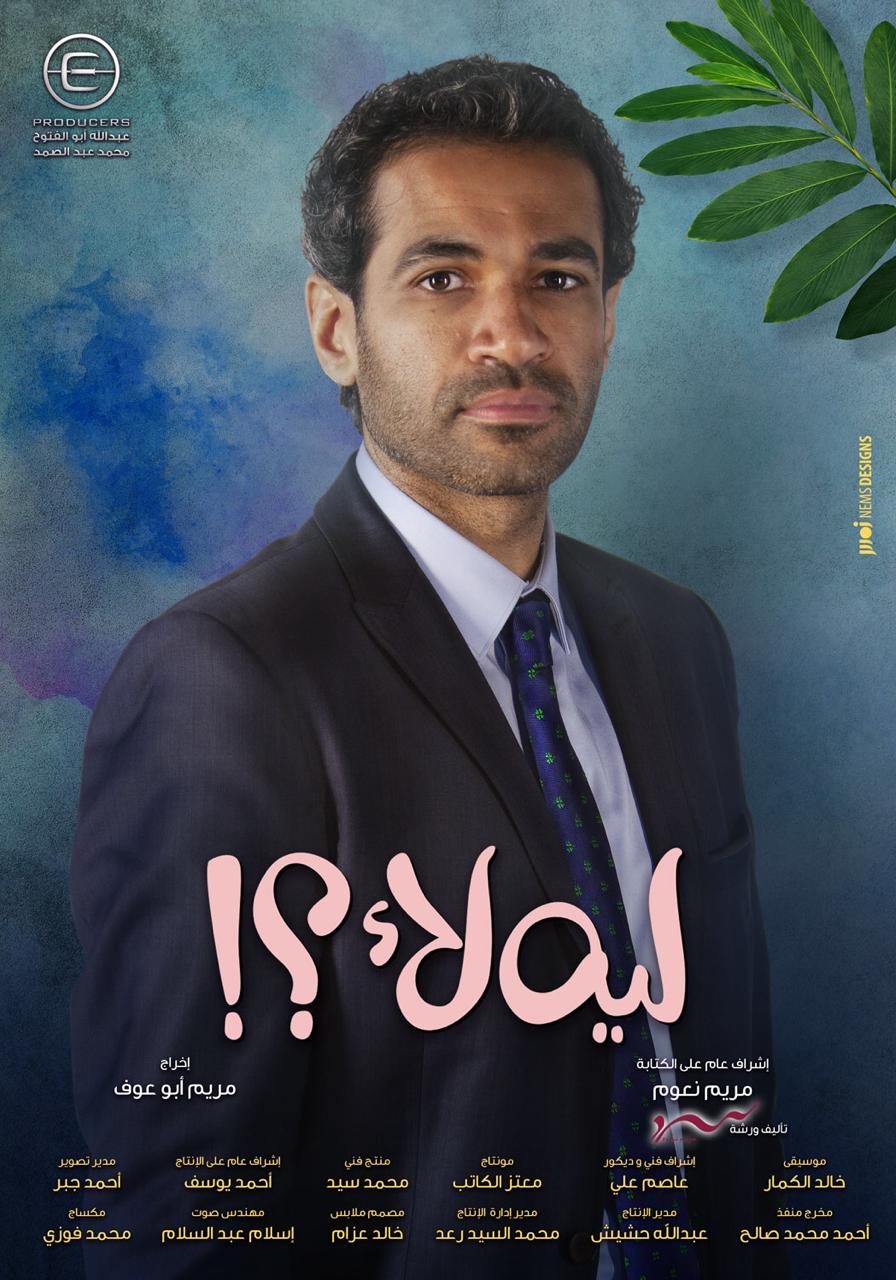
Women are already extremely powerful creatures. I don’t think men need to do anything to actively empower them; they’re already powerful. All that men need to do is just step away, let them be, and not feel threatened by the power of women, and not feel this extreme urge to dominate and prevail. We just have to be and let them be. I think the word “threatened” is the one that sums it all. Men really do feel threatened by the power of women, and that’s the main issue with this struggle. They force domination through being protective and fatherly; looking after the family is just an excuse men usually use. They just need to do their part and be part of the family.
When it comes to another character on the show, Ahmed, played by Omar El Said, for instance, it’s obvious that family doesn’t play a huge role in his life. He’s not aware of his kids’ training schedules, and he doesn’t really contribute much to the housework. He just goes to work and returns home to be a couch potato, and it’s like it’s a birthright. So, shedding light on these figures is where the role of men comes into play to show the problem. And if you look at my character, Adam, I don’t really do anything proactively to empower. I don’t help Alia; I just let her be and accept her power, even with my growing relationship or the romantic aspect with Farah. There isn’t specific help that’s required from men; they just have to allow this natural lady power to be.
Adam from Leih La2 is the complete opposite of Magdi from Jaylan Auf’s short film, Turning 10. Even though both projects serve more or less the same purpose in fighting for women’s rights, which character gave you more room for influence; the good guy or the bad guy?
It’s an interesting comparison; yes, they are the complete opposite! Magdi was very challenging actually; first of all, because he’s from a totally different class, that’s a challenge in itself. And well, you see here the difference is that Magdi is actually doing something. He wants to make sure that the mother is following through, he wants to see the job getting done, as opposed to Adam, who isn’t doing anything specific. He’s just allowing things to happen; he’s accepting the power of the woman. So, you see, the bad guy is actually doing something evil, but the good guy doesn’t really need to do something, in particular. Sometimes just allowing things and not feeling threatened is actually doing something. So, I’m not sure which one had more influence; it’s hard to tell, but it’s an interesting comparison.
You played a relatively small role on Be 100 Wesh, yet managed to gain massive attention. What’s your secret?
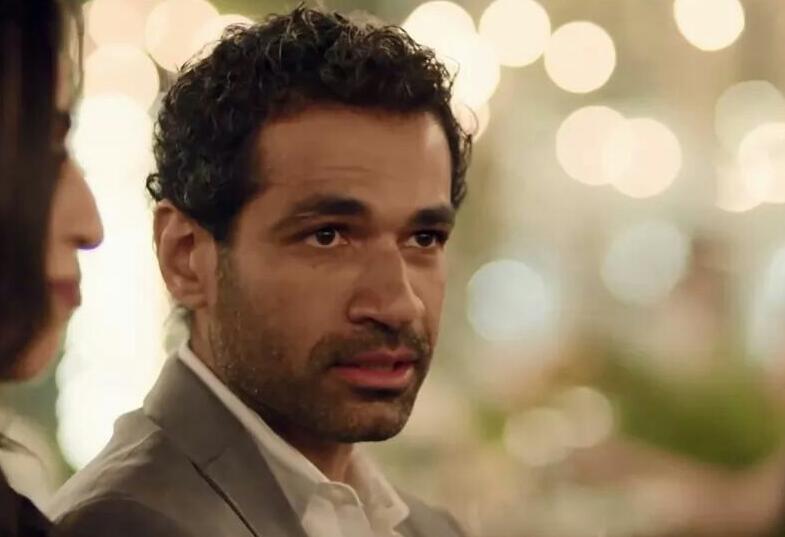
It’s not really a secret; it’s Kamla Abu Zikry; she’s amazing! She manages to shed light on everyone equally from the smallest role to the biggest; they all get the right amount of attention. So, I’ll definitely give the credit to her.
Tell us more about your dubbing experience in The Knight and the Princess.
The dubbing experience was just amazing. Dubbing, in general, is so much fun! You get to be in this room alone, you get to be crazy, you get to go big, especially because it’s an animation; there’s just room for you to do it all. What was really special, aside from the fact that this was the first Egyptian animated feature film, is that I got to sing the songs that were performed by Medhat Saleh! The exact same melody but in English lyrics instead, that was just amazing! Yet, that was scary pressure!
What do you have in store for us?
View this post on Instagram
Well, there’s a new series coming up that I might be joining. Unfortunately, I’m not allowed to share any details about it. And then, there’s music, of course. I’ve been working with Mariam El Khosht again; we’re recording a few covers as we have the same taste in music, and we hope to release them soon. I’m also looking forward to performing on stage with Yousra El Hawary soon and touring again when this is all over, and hopefully, I’d be able to work on some music of my own.


